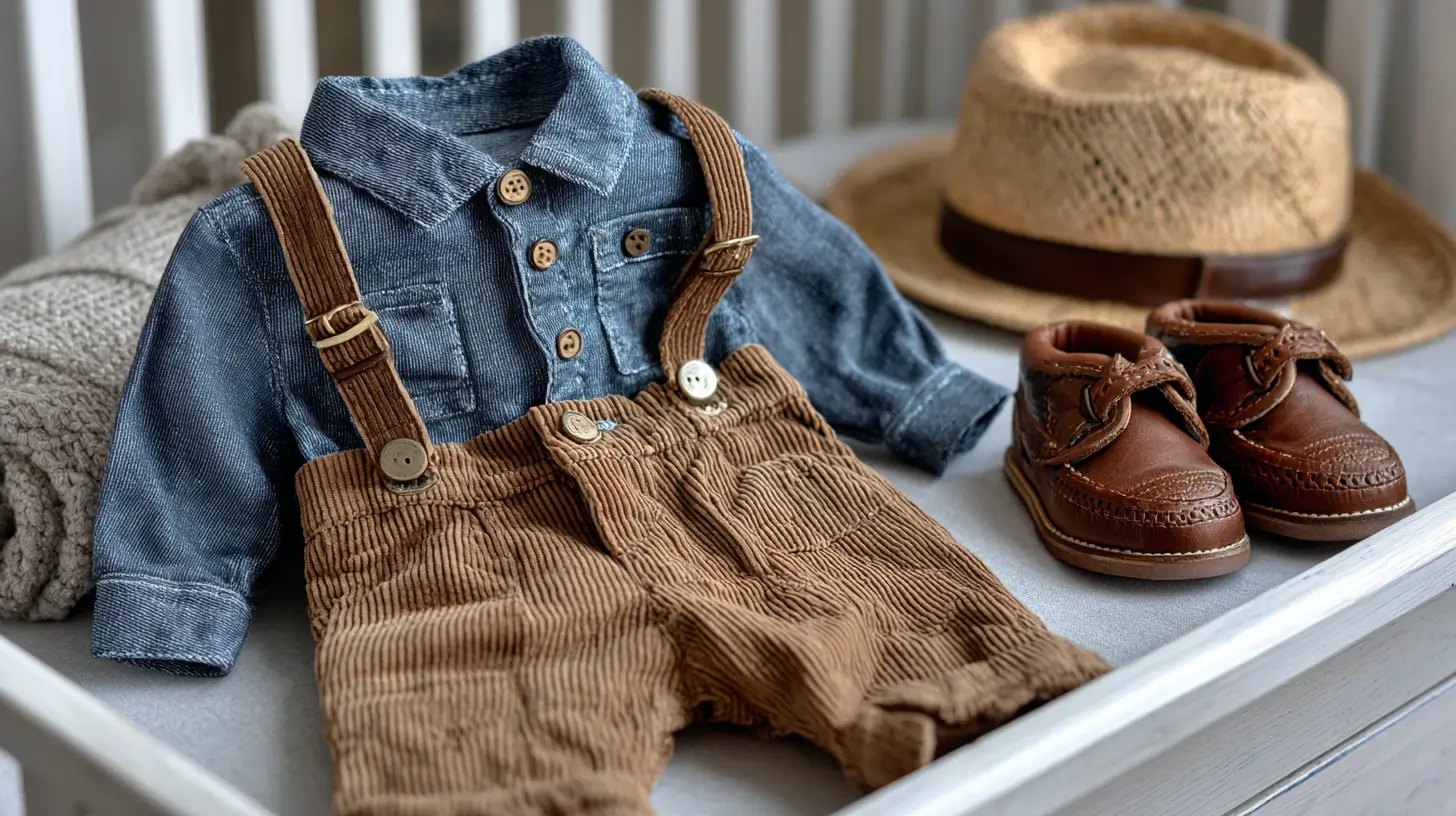Let’s talk about something that’s not often brought up over coffee or playdates: divorce. It’s a reality for many of us, and I was just as taken aback as you might be to learn that in some places, parents are required to take a class before finalizing their divorce. It sounds daunting, but let me walk you through why this could be a game-changer in your co-parenting journey.

This site contains affiliate links; please view the disclosure for more information.
Why Parenting Classes in a Divorce?
When you’re going through a divorce, the well-being of your kids goes straight to the top of your priority list. Parenting classes designed for divorcing parents are like a lighthouse in stormy seas. They’re not just about doling out advice; they’re a space where you can learn, grow, and figure out how to put your kids first in this new chapter of your life. These classes cover a range of topics, from communication strategies to managing emotional upheaval, all tailored to make you a more effective and compassionate co-parent.
Are These Classes Mandatory?
In some states, yes, they are. It varies, but the gist is that these classes are part of ensuring that parents can effectively work together for their children’s sake post-divorce. If your state doesn’t require it, think of it this way: it’s like choosing the extra support when you know the road ahead is going to be a bumpy one. Voluntarily signing up for a parenting class is a proactive step towards smoother co-parenting.
Mastering Communication: The Heart of Co-Parenting
Remember how communication was key when you were married? Well, it’s even more important now. These classes aren’t about making small talk at drop-offs; they’re about learning to actively listen, understand non-verbal cues, and set boundaries. The goal? To build a bridge of understanding with your ex-partner for the sake of your little ones.
Here’s a list of practical co-parenting tips to help navigate the complexities of raising children post-divorce:
Tips from a Parenting Class for Divorce
Maintain Open Communication: Keep lines of communication open with your co-parent. Be clear, concise, and respectful in your interactions.
Establish Consistent Rules: Try to maintain similar rules, discipline, and schedules in both households. Consistency offers stability and security for children.
Use a Shared Calendar: Utilize shared digital calendars for tracking kids’ activities, appointments, and visitation schedules to avoid misunderstandings.
Avoid Negative Talk: Refrain from speaking negatively about your ex in front of your children. It’s important to preserve your child’s relationship with the other parent.
Practice Active Listening: Listen to your children’s feelings about the divorce and changes in their lives. Validate their feelings and provide comfort.
Prioritize Your Child’s Needs: Always put your children’s emotional and physical needs first. Decisions should be made with their best interests in mind.
Flexible and Cooperative: Be willing to be flexible with schedules and plans. Life can be unpredictable, and showing a willingness to adapt can reduce stress.
Establish Boundaries: Set clear boundaries for communication and decision-making with your co-parent. This helps in maintaining a professional relationship.
Seek Mediation if Needed: If disagreements arise, consider mediation or counseling to help resolve issues without putting extra stress on the children.
Avoid Using Children as Messengers: Communicate directly with your ex-partner rather than sending messages through your children.
Tips from a Parenting Class for Divorce
Celebrate Achievements Together: If possible, come together for important events in your child’s life, like birthdays, graduations, and performances.
Regular Updates: Share important information about your child’s life, such as health issues, academic progress, and emotional developments.
Self-Care is Important: Take care of your emotional and physical well-being. Being a healthy, happy parent is beneficial for your children.
Build a Support Network: Surround yourself with supportive friends, family, or support groups who understand and can provide guidance.
Remain Patient and Positive: Co-parenting can be challenging. Stay patient, keep a positive outlook, and remember that adapting to new situations takes time.
Respect Each Other’s Parenting Style: Acknowledge that each parent may have different parenting styles and that diversity can be beneficial for children.
Plan for Transitions: Make transitions between homes as smooth and predictable as possible. Have a routine that makes your child feel secure.
Teach Conflict Resolution: Model good conflict resolution skills with your co-parent. It teaches children how to handle disagreements constructively.
Create New Traditions: Establish new family traditions with your children that can help create a sense of belonging and identity in both homes.
Keep Expectations Realistic: Understand that there will be ups and downs in co-parenting. Stay realistic and focus on gradual improvements.
These tips emphasize communication, mutual respect, and prioritizing the well-being of the children, which are essential elements for successful co-parenting.
Turning Conflict into Compassion
Let’s face it, divorce can stir up a storm of conflicts. Parenting classes are your anchor here, teaching you how to navigate these rough waters. You’ll learn to compromise, engage in constructive conversations, and find common ground. This isn’t just about keeping the peace; it’s about modeling respectful conflict resolution for your kids.
Caring for Your Child’s Emotional Needs
Divorce can be a rollercoaster for your kids. In parenting classes, you’ll get insights into how to support them emotionally. From maintaining a consistent routine to providing a safe space for their feelings, these classes help you be the rock your children need during this transition.
Logistics: Making Co-Parenting Work on the Ground
Practical stuff matters too. How do you manage pick-ups and drop-offs without losing your mind? What’s the best way to coordinate holidays? Parenting classes offer practical tips on custody arrangements, shared calendars, and consistent routines, making the logistics of co-parenting less of a headache.
Building Your Tribe: The Power of Support Networks
One of the unsung benefits of these classes is the chance to meet other moms going through the same thing. There’s nothing like sharing your struggles and triumphs with someone who gets it. This support network can be a lifeline on the tough days and a cheerleading squad on the good ones.
Parenting classes during a divorce are more than just a requirement or a box to check. They’re a resource, a support system, and a toolkit, all rolled into one. They’re about empowering you to navigate this new path with confidence, compassion, and a sense of community.
Final Thoughts Parenting Class for Divorce
If you are looking to do a little “homework” outside your parenting class for divorce, check this book out! Although the title may come as a surprise… “Co-parenting with a Narcissistic Ex” is one of the best parenting books on the market today.
You may also want to consider enlisting the services of a Parenting Coach to help you and your ex navigate these new waters.
Here’s to creating a bright and loving future for your children through the transformative power of parenting classes for divorce. You’ve got this, mama!



